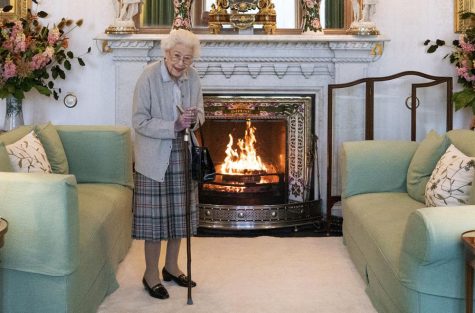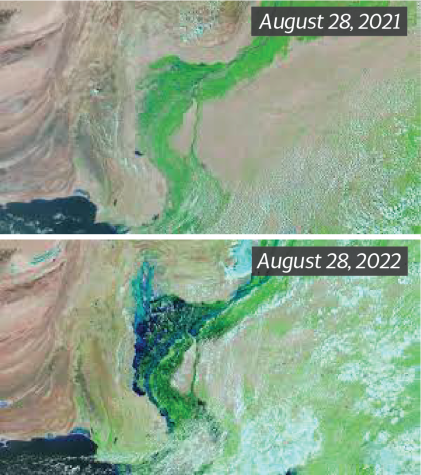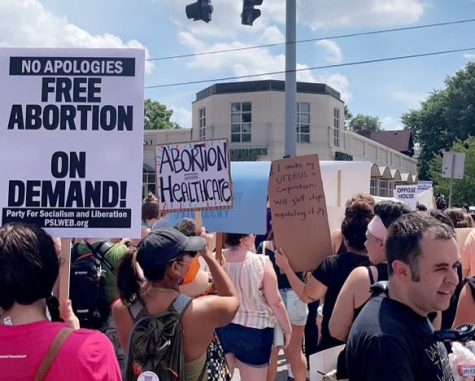United Kingdom sends shock waves around the world
July 4, 2016
The United Kingdom (UK) is saying farewell to the European Union (EU) after 40 years.
England held a referendum on June 23 to decide whether the UK should leave or remain in the European Union.
The EU is an economic and political partnership involving 28 European countries. The countries and their entry into the EU include: Austria (1995), Belgium (1958), Bulgaria (2007), Croatia (2013), Cyprus (2004), Czech Republic (2004), Denmark (1973), Estonia (2004), Finland (1995), France (1958), Germany (1958), Greece (1981), Hungary (2004), Ireland (1973), Italy (1958), Latvia (2004), Lithuania (2004), Luxembourg (1958), Malta (2004), Netherlands (1958), Poland (2004), Portugal (1986), Romania (2007), Slovakia (2004), Slovenia (2004), Spain (1986), Sweden (1995), and UK (1973). The EU began after World War ll to build economic co-operation, with the idea that countries which trade together are more likely to avoid going to war with each other. It has since grown to become a ‘single market’ allowing goods and people to move around, basically as if the member states were one country. It has its own currency, the euro, which is used by 19 of the member countries, its own parliament and it now sets rules in a wide range of areas – including on the environment, transport, consumer rights and even things such as mobile phone charges.
The UK and its British citizens had the chance to break away from the EU forever. Four months of intense campaigning from the Remain party was led by Prime minister David Cameron and Jeremy Corbyn, the leader of the Labour Party. The leave campaign was fronted by Boris Johnson, the former mayor of London, and a member of the European parliament, Nigel Farage. This was only the third nationwide referendum in British history.
When the results were announced worldwide many Britans like Gill and Andy Schlette were surprised the leave campaign and Brexit [britain exit] won. “When we voted there was no one more surprised than I was when I got up at six o’clock in the morning on friday and put the tele on and saw we were out of the EU. I voted out but I didn’t for one minute think we would be out and I didn’t know the whole of Essex was going to vote out,” said Gill Schlette.
England voted strongly for Brexit, with a final tally of 53.4% to 46.6%, as did Wales, with Leave getting 52.5% of the vote and Remain getting 47.5%. Scotland and Northern Ireland both backed staying in the EU. Scotland supported Remain by a total percentage of 62% to 38%, while 55.8% in Northern Ireland voted Remain and 44.2% Leave. “I think we voted for democracy and to run our own country and to make our own decisions,” said Gill Schlette. Leave won by a total percentage of 52% to 48%.
These results sent economic shock waves around the world. Economic markets from Asia to the United States were impacted by UK’s decision to leave the EU. Stock in the markets dropped and investors panicked when the markets plunged. The pound rate fell to an all time low after the results were announced.
EU leaders are appointed to speak for their country in Brussels. “They are faceless people; we don’t know who they are and they are not voted in,” said Gill Schlette. The EU has been called bullies by the British like Gill Schlette. The EU isn’t helping the countries in the union that are in economic turmoil like Greece. The 28 countries in the union expect help from the EU and other members in the union but that has not happened.
“It’s not working for us, it’s working for the rich people and the trouble is that all these years the government that goes in are not listening to us and when we complain about Brussels, they say, ‘oh yes we are going to change it from the inside,’ well look what [Prime minister] David Cameron done, he spent all that time trying to change [the government], what did he change? He tried to get taxes taken off of bloody women’s products,” said Gill Schlette.
“[By being in the EU] we are losing more than what we are gaining,” said Andy Schlette. A lot of young Britians voted to stay in the EU and a majority of the older Britians voted to leave after 40 years of little change in England and around the UK. The EU had “strangled” England over the years and wouldn’t help the UK move forward to better the country and its citizens. The EU isn’t the only one not helping the UK; the British government have slacked over the years to protect their citizens and the borders. Immigration is a big concern and problem for the UK and the British people hope to fix that problem with the vote to leave the union. Thousands of illegal immigrants come into the UK and England every year on lorry trucks that are filled with people from war torn countries like Syria and Afghanistan. The number of illegal immigrants removed from the UK is very low in comparison to the size of their population. In 2013 the UK authorities removed 3,800 immigration offenders, 4,670 Foreign National Offenders and 4,840 failed asylum cases. The EU has not done anything to slow down or stop the movement of illegal immigrants and that’s just one of many reasons Britians in England wanted to leave the union. Many people in the UK want a change in the government and move more in the direction of a democracy.
After the results of Brexit, David Cameron held a press conference at number 10 Downing Street in London where he announced that he would be stepping down from the job of prime minister. Cameron seemed very unhappy with the results and said “fresh leadership is needed.”
On July 4, Nigel Farage resigned as the leader of the UK Independence Party, saying he has “done his bit”. Farage said his goal in politics had been to get Britain out of the EU and now that the country had voted for Brexit in the referendum it was time for him to stand aside.
Overall, Brexit shocked many people around the world but it will be a new and fresh start for Britains. The UK is only the first ‘brick’ to fall from the EU and many other countries are looking on to see how the UK handles the new start and independence. The question now is who will be the next Prime minister and will England and the UK last as a free and independent county? Only time will tell.













